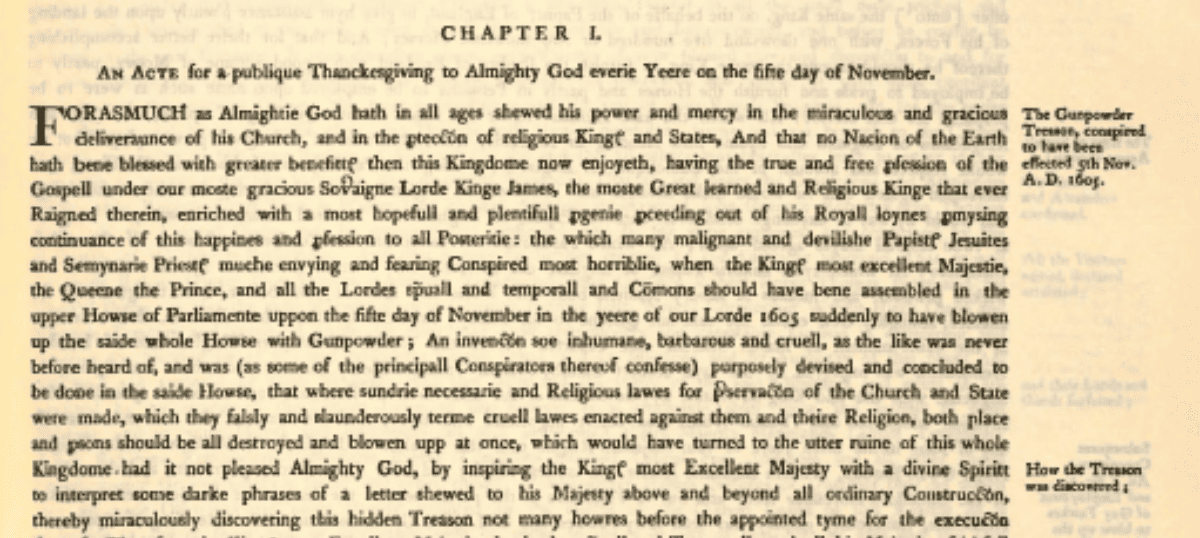The Headmistress State Has Officially Lost Its Mind
The Sentencing Bill 2025 is one of the most egregious pieces of legislation ever proposed to Parliament. On top of mass prisoner release, it suggests "income reduction orders," then arbitrary bans from pubs and events for those convicted of minor crimes such as Public Order Act "speech offences."






